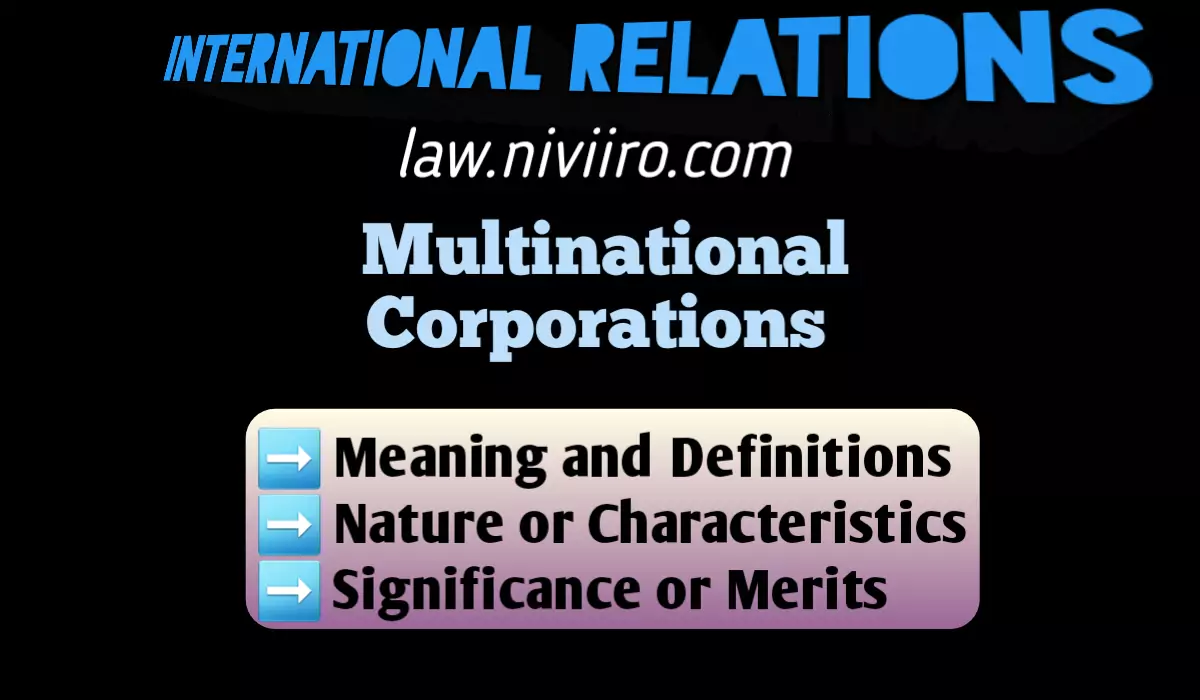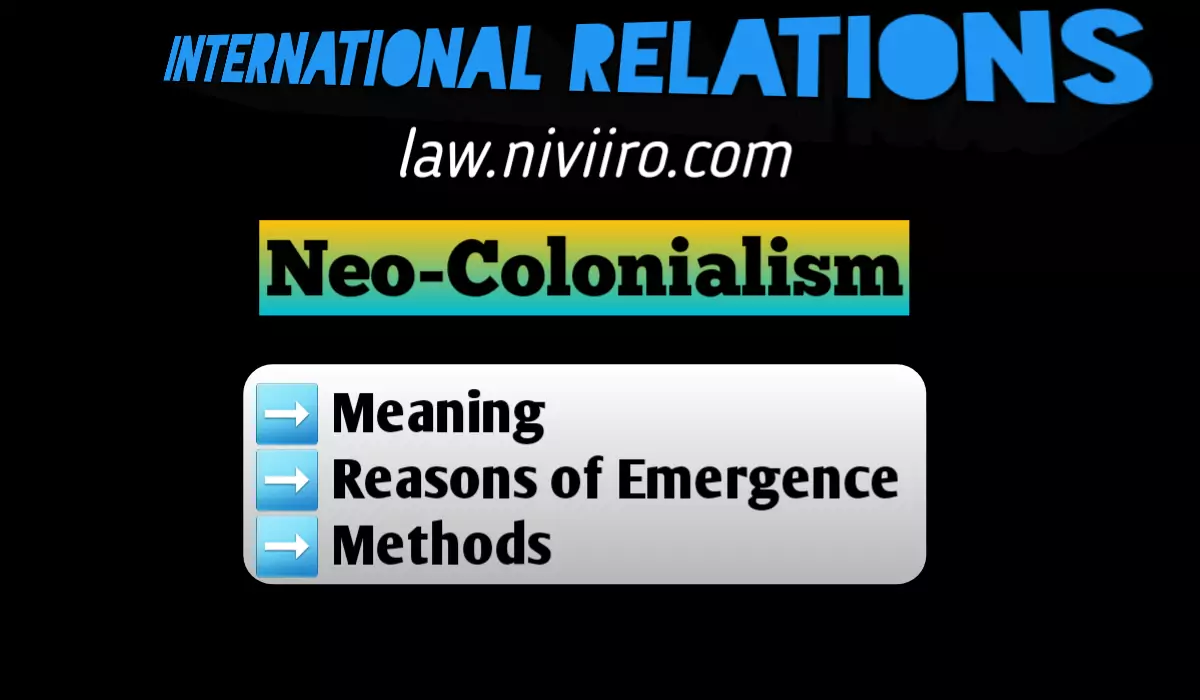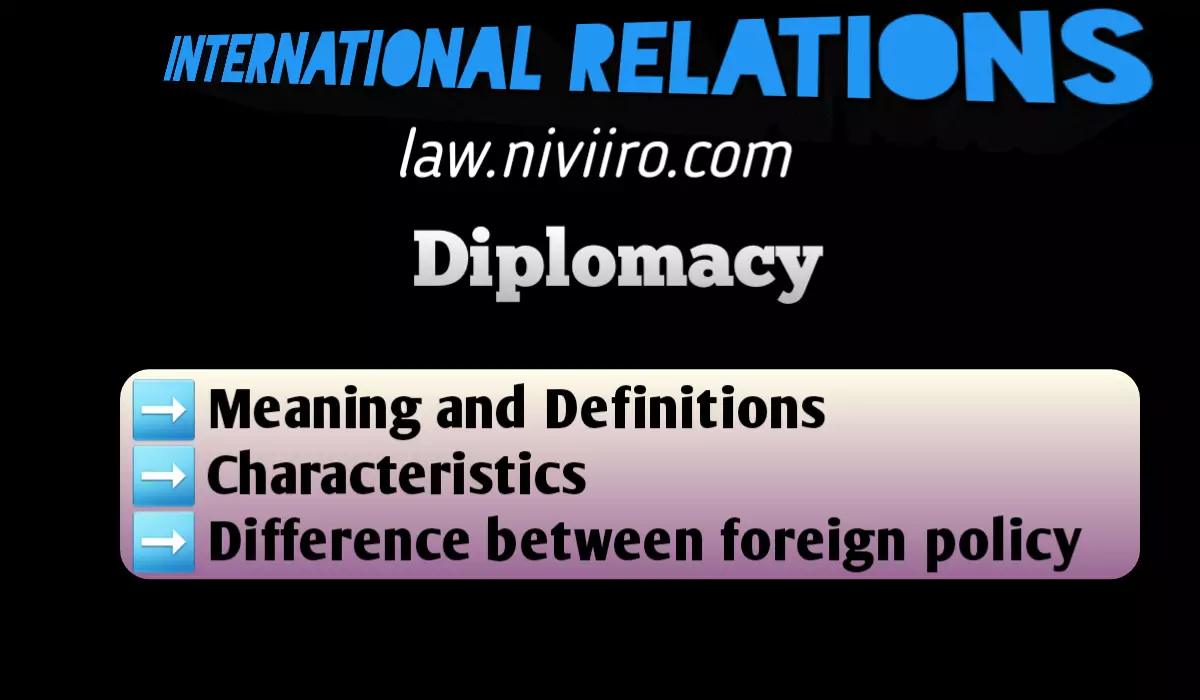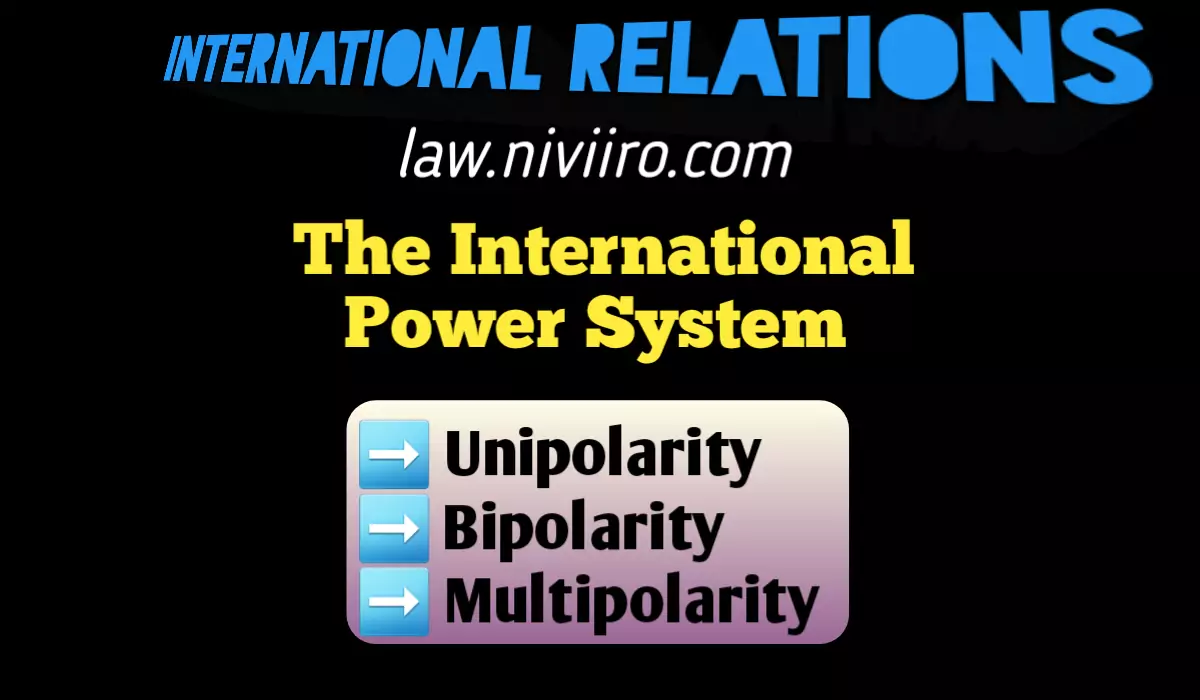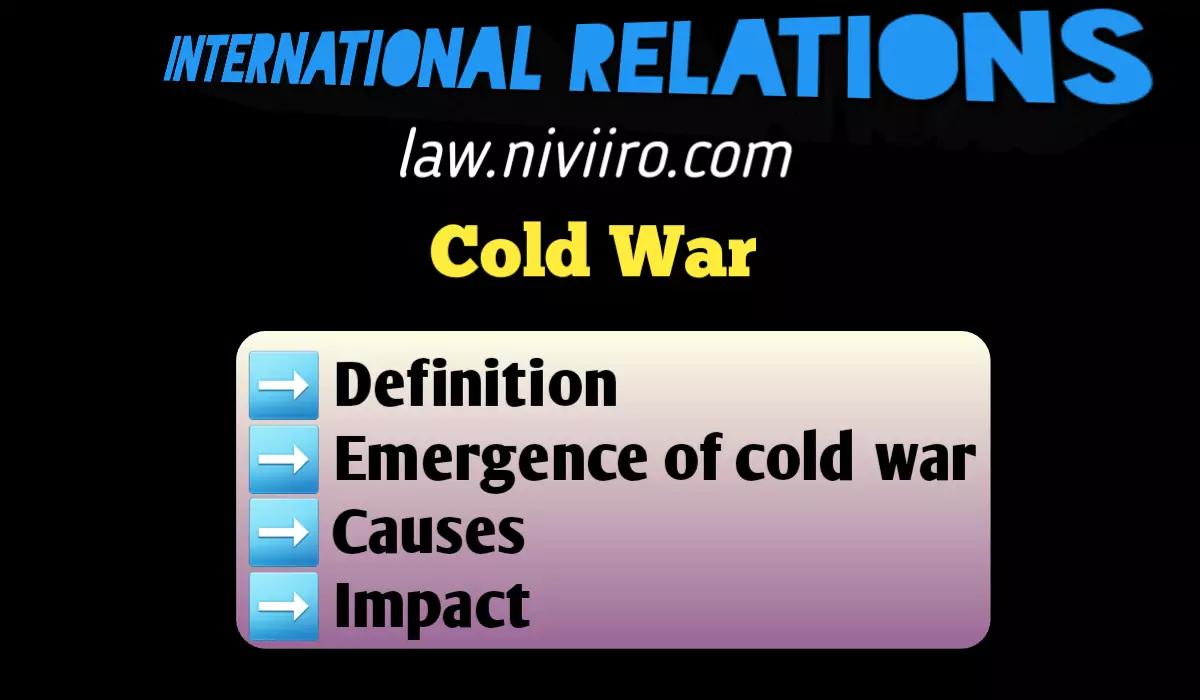Companies that conduct business internationally are referred to as multinational corporations (MNCs) or multinational enterprises (MNEs). The majority of companies have their headquarters in one nation but operate subsidiaries or branches there as well.
MNCs frequently have considerable size and clout, as well as significant economic and political influence. They can have a significant effect on global markets, trade, and the economies of the nations in which they operate.
Manufacturing, technology, finance, and retail are just a few of the industries that MNCs work in. The biggest MNCs in the world include firms like Apple, Microsoft, Amazon, and Coca-Cola.
MNCs’ global reach, according to their detractors, may lead to unfavourable outcomes like the exploitation of workers and resources in developing nations, as well as contribute to income inequality and environmental degradation. MNC supporters contend that these businesses can boost economies, develop nations, generate jobs, and give people access to goods and services on a global scale.
Definitions of Multinational Corporations
The most significant and well-known economic innovation of the post-war era is the multinational corporation (MNC). Economic and technological factors alone have created favourable conditions for the growth of multinational corporations. The term “multinational corporation” can also refer to a global corporation, an international corporation, or a transnational corporation. It is a corporation or business that has its headquarters in one nation but operates and abides by the laws and traditions of multiple nations.
According to Raymond Vernon, “Mutlinational Corporation is a cluster of corporations of diverse nationality joined together by ties of common management strategy.”
As per the Year Book of World Affairs, 1983, “Transnationals may be defined as large business corporations controlled predominantly by nationals of the country in which their headquarters are situated but with operating activities spread across many different countries, employing tens of thousands of people.”
According to Robert Gilpin, “The term multinational corporation is used…… to designate any business corporation in which ownership, management, production, and marketing” extend over several national jurisdictions…..A multinational corporation is essentially a corporation that invests in other countries for a variety of reasons to have access to a foreign market, to secure foreign sources of supply, or for the benefits flower-cost production or lower taxes.”
According to the document prepared by the Organisation for Economic Cooperation and Development (OECD), the transnational enterprises usually comprise companies or ether entities whose ownership is private, state or mixed, established in different countries and so linked that one or more of them may be able to exercise a significant influence over the activities of others and in particular to share knowledge and resources with the others.
General Motors Corporation, Royal Dutch Shell, Exxon Corporation, Unilever, General Electric Company, Standard Oil, the IBM, United Fruit Company, the Cargill Co, the Anderson Clayton are some of the prominent examples of Multinational Corporations.
Nature or Characteristics or Basic Features of Multinational Corporations
Jacques Maisonrouge, gives the five criteria of the MNCS:
(1) It operates in numerous nations with various economic levels.
(2) Nationals are in charge of its local subsidiaries.
(3) It maintains a full industrial structure, including R & D and production facilities, in a number of nations.
(4) It has a central management that is multinational and has its headquarters in its home country.
(5) A multinational corporation owns stock in it.
The other characteristics of MNCs include:
(6) The size and wealth of MNCs are extremely large, assuming gigantic and alarming proportions. For instance, Royal Dutch Shell, the largest MNC in the world, is estimated to have foreign assets worth a hundred billion US dollars more than the GDP of many nations.
(7) Through the process of a merger, takeover, etc., an MNC gains influence and develops an oligopolistic nature.
(8) An MNC facilitates a multilateral transfer of resources in the form of a “package” that includes managerial services, various technologies ranging from production and marketing to management and finance, as well as technical know-how, equipment, machinery, raw materials, finished products, and managerial services. Other than money and technology, foreign investors typically bring everything.
(9) It has legal status.
(10) A single person, a group of people, or a group of people and the State Government can all contribute to an MNC’s capital requirement.
(11) Making money is the main goal of MNCs.
Significance or Merits or Importance of Multinational Corporations
The following are the arguments in favour of MNCs :
1. Multinational corporations possess a wealth of financial assets. The most potent forces driving global modernization are them. (They have the ability to set up factories in various states, which would result in the creation of new jobs and the training of local residents.
2. Multinational Corporations are most powerful agents for the internationalisation of human society. Multinational corporations are able to produce more products, of higher quality, for less money. They view the entire planet as a single economic entity and combine the various production factors—labour, land, capital, technology, and organization—for the highest level of productivity and efficiency.
3. MNC investments abroad have a net positive impact on the economic development of those nations. They augment rather than replace the investment made by these states.
4. Global machine technology diffusion and the international division of labour are both results of MNCs.
5. MNCs serve as the main conduits for the peaceful exchange of ideas and technology across international borders.
6. MNCs are reliant on contemporary science and technology. They invested enormous sums of money in research, which no state government would typically do. The research is carried out by MNCs with participation. MNCs disseminate management and scientific knowledge globally.
Related Post
- National Power | Definitions | Forms | Methods
- Emerging trends in international relations
- Legal History Notes
- Relation between RTI and democracy
- Nature and scope of International Relations
- RTI notes
- Political Notes
- Law of Torts notes
Multinational Corporations meaning ?
The term “multinational corporation” can also refer to a global corporation, an international corporation, or a transnational corporation. It is a corporation or business that has its headquarters in one nation but operates and abides by the laws and traditions of multiple nations.
Definitions of MNCS ?
According to Raymond Vernon, “Mutlinational Corporation is a cluster of corporations of diverse nationality joined together by ties of common management strategy.”
As per the Year Book of World Affairs, 1983, “Transnationals may be defined as large business corporations controlled predominantly by nationals of the country in which their headquarters are situated but with operating activities spread across many different countries, employing tens of thousands of people.”
Nature or Characteristics or Basic Features of MNCS ?
Jacques Maisonrouge, gives the five criteria of the MNCS:
(1) It operates in numerous nations with various economic levels.
(2) Nationals are in charge of its local subsidiaries.
(3) It maintains a full industrial structure, including R & D and production facilities, in a number of nations….
Significance or Merits or Importance of MNCs ?
The following are the arguments in favour of MNCs :
1. Multinational corporations possess a wealth of financial assets. The most potent forces driving global modernization are them. (They have the ability to set up factories in various states, which would result in the creation of new jobs and the training of local residents…..
Reference Books | Multinational Corporations
- J.C. Johari – International Politics
- Prem Arora – International Relations and foreign policy
- International Relations in the 21st Century by Pant
- H.J. Morgantheau – Politics among Nations
- Raymond Aron – Peace and war a theory of International Relations
- An Introduction to International Relations by John Baylis, Steve Smith and Patricia Owens.
















